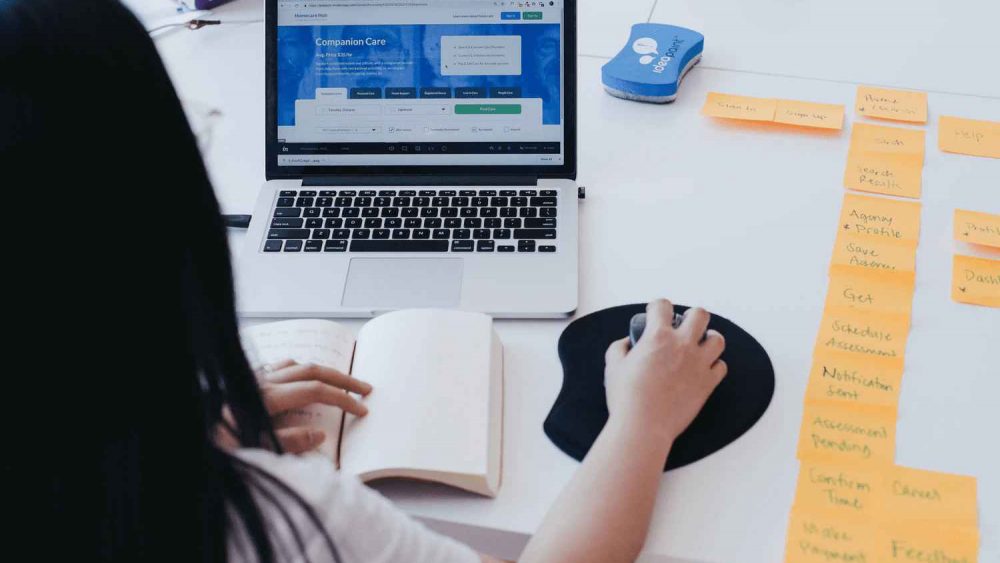Recently I attended a digital storytelling webinar hosted by the Film and Media Round Table (FMRT) of the American Library Association and found the session fascinating in understanding the role of digital storytelling in our work as librarians.
“Digital Storytelling refers to the tendency of individuals to narrate aspects of their daily lives with the use of new media technology such as podcasts, videos, blogs, and social networks” (Prono, 2019). It can be a powerful approach to convey information, interact, or connect viewers and users to specific content or perspectives. The webinar highlighted how and why libraries should participate in digital storytelling. The speakers shared advice and various resources to consider. In this blog post, I will highlight a few resources to get you thinking about applying this technique in your next collaborative assignment with your faculty or for your own instructional practice!
Telling a Digital Story
When you are thinking of creating a digital story, it can be in the form of a video or podcast. It requires effort, creativity, and collaboration—as well as content and tools that enable you to bring the story to life. If you are looking for ways to improve your storytelling or identify the story, check out the Five Principles of Effective Storytelling infographic by ArcGIS. It’s a good refresher on the big picture and goals in creating your story.
Podcasts were popular even prior to COVID-19. Now, they offer an opportunity to highlight conversations or audiobooks in a way that allows users to move away from the computer/phone screens. If you are thinking of starting a podcast, consider exploring Gimlet Academy as recommended by the webinar session. Gimlet Academy provides podcast tutorials, tips, and advice. It’s a great way to hear what to do and what not to do. I have read that podcast makers have been using Zoom, Skype, or their phones to record their podcast into a file that can be shared and uploaded into the site like Spotify or Anchor.fm. Here’s another resource on Podcasting for Beginners.
Other media creation resources include Hackastory Tools, which is an incredibly helpful way to break down the type of media you are looking to create. From video to audio to animation, this collection of resources can break down the tools you need.
Here are some wonderful examples shared in the webinar on digital storytelling programs by libraries: The Mill Valley Library offers digital storytelling workshops on a variety of topics. This may give you examples to consider creating workshops for your own users. In addition, Penn State’s Libraries’ Digital Storytelling LibGuide is a great resource to find images, audio, and tips on making videos. The California State Library’s California Listens is another compelling project on digital storytelling. The project showcases videos and documentaries that highlight Californians’ experiences on specific themes such as belonging, culture, and life.
Hopefully these resources will inspire you to start your own digital storytelling about your life and/or with your community of users!
Reference:
Prono, L., PhD. (2019). Digital Storytelling. Salem Press Encyclopedia.


